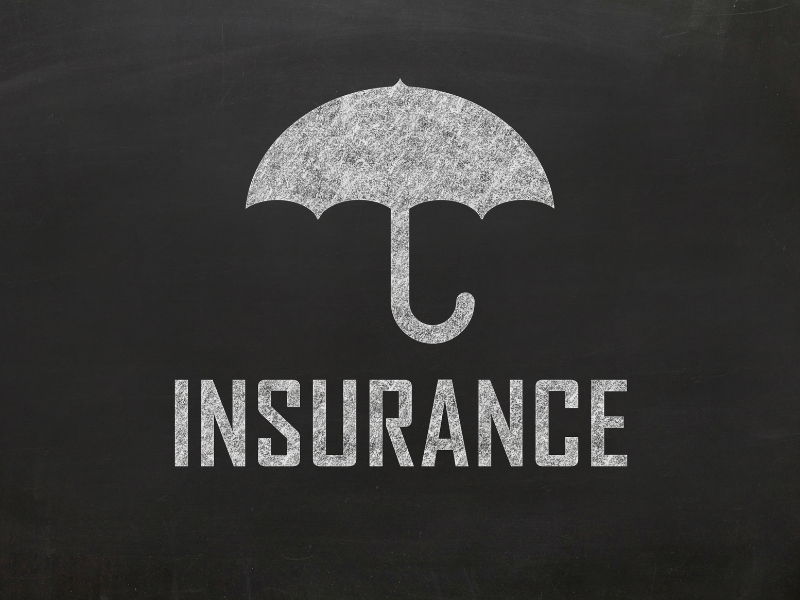 You may have more options than you think when it comes to securing a mortgage for your new home. While many buyers opt for conventional financing, another option or program might be a better choice for you, depending on your personal and financial situation. Learning more about FHA, USDA, and VA loans ensures you get the best possible deal for your mortgage and that you secure the loan that you need for your new home. Here’s what you need to know about these useful mortgage options.
You may have more options than you think when it comes to securing a mortgage for your new home. While many buyers opt for conventional financing, another option or program might be a better choice for you, depending on your personal and financial situation. Learning more about FHA, USDA, and VA loans ensures you get the best possible deal for your mortgage and that you secure the loan that you need for your new home. Here’s what you need to know about these useful mortgage options.
FHA Loans
These are traditional mortgages that are backed by the FHA: when you take out an FHA loan, this government agency is insuring the loan. This makes your loan more appealing to lenders who might otherwise feel your credit or income history is not strong enough. An FHA loan is available to a wide range of buyers and price points and offers a low-down payment, reasonable interest, and other perks that make it worth exploring for your next mortgage.
VA Loans
If you are a veteran then this program, which offers loans insured by the VA, is a great option for you as they do not require money down so you can buy immediately, rather than saving for years for a down payment. The VA loan is available to those who have served or are serving in the armed forces and is a good option to help you get the home you want with no money down, unlike a conventional mortgage loan.
USDA Loans
One of the most useful and often overlooked loan programs is from the USDA. While this government office offers direct loans, far more people qualify for their insured loan programs. USDA loans are for rural areas, but a surprising number of suburban communities and locations qualify as well. With a low-down payment and interest, this subsidized loan program is well worth it if you plan to live in a rural or suburban area.
Not every borrower will qualify for the mortgage options above; the USDA has guidelines on income and the home you are interested in. The FHA does not have income requirements, but you will need to prove your income and this option also has a loan limit. If you do meet the guidelines of any of the above programs, they can help you access the home you want by dramatically reducing your upfront and deposit costs.
The right loan for you will depend on your income, credit, and the home you’ve selected. Your agent can help you find the home that suits the program you want and make it easy for you to secure the financing you qualify for. Get in touch today to talk about your home buying options and see which loan option is right for you.
 Accidents can happen from time to time, which is why it is important for people to have insurance. While you might be able to fix some accidents on your own, others can lead to a significant amount of financial stress. This is why people must have insurance. Insurance is supposed to help individuals and families pay for catastrophic expenses; however, what happens if the insurance policy is not big enough to cover the expenses? That is where umbrella insurance can be helpful. What is umbrella insurance, and how does it work? Learn more about how umbrella insurance might be able to help you.
Accidents can happen from time to time, which is why it is important for people to have insurance. While you might be able to fix some accidents on your own, others can lead to a significant amount of financial stress. This is why people must have insurance. Insurance is supposed to help individuals and families pay for catastrophic expenses; however, what happens if the insurance policy is not big enough to cover the expenses? That is where umbrella insurance can be helpful. What is umbrella insurance, and how does it work? Learn more about how umbrella insurance might be able to help you.